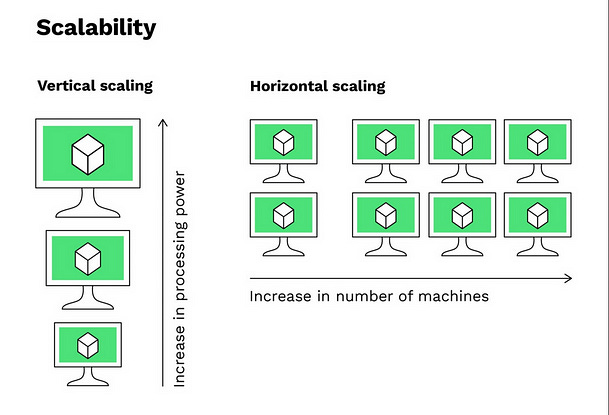10 System Design Topics You Must Prepare for Tech Interviews
These are the 10 topics every developer must prepare for tech interviews to get ahead of 99% of candidates.
Hell guys, if you have attended technical interviews then you may know that the System Design part is one of the toughest to crack. I think why so? and the answer I found was that most of the developers are not familiar with essential System design topics or concepts and that’s what I am going to share in this article.
As I have said before, System design interviews are a crucial part of the hiring process for software engineers and developers and you must prepare for it, leaving it to chance is not a good idea.
These interviews assess your ability to design scalable and efficient systems to solve real-world problems. To excel in system design interviews, it’s essential to have a strong grasp of the fundamental concepts and principles.
In the past, I have shared several system design interview articles like API Gateway vs load balancer, Forward Proxy vs Reverse Proxy as well as common System Design problems In this article, we will explore ten essential system design topics or concepts that will help you prepare for your next interview and impress your potential employers.
By the way, if you are preparing for System design interviews and want to learn System Design in-depth then you can also check out sites like ByteByteGo, DesignGuru, Exponent, Educative, and Udemy which have many great System design courses.
competition in system design interviews, it’s crucial to have a solid understanding of key concepts that set you apart from other candidates.
By mastering these ten system design concepts, you can position yourself ahead of 99% of candidates and impress interviewers with your expertise.
1. Scalability
Scalability is crucial in system design as it ensures that a system can handle increasing loads and maintain performance. You should understand concepts like horizontal and vertical scaling, load balancing, and distributed systems to design scalable architectures. Those will help you with tech interviews.
2. Availability and Fault Tolerance
Designing fault-tolerant systems is essential to maintain availability even in the face of failures. As a candidate, you should learn about replication, redundancy, failover mechanisms, and fault tolerance techniques like backups, checkpoints, and error handling.
For high availability many companies create active-active or active-passive architecture as shown below, The best example is cloud computing companies like AWS and Azure who has data centers in different parts of the world, and if one goes down then server clients from others.
3. Data Storage and Databases
Different applications require different types of data storage. You should familiarize yourself with different types of databases like relational databases, NoSQL databases, key-value stores, and columnar databases. Understand their strengths, weaknesses, and use cases.
One of the common questions and concepts
Keep reading with a 7-day free trial
Subscribe to Javarevisited Newsletter to keep reading this post and get 7 days of free access to the full post archives.



